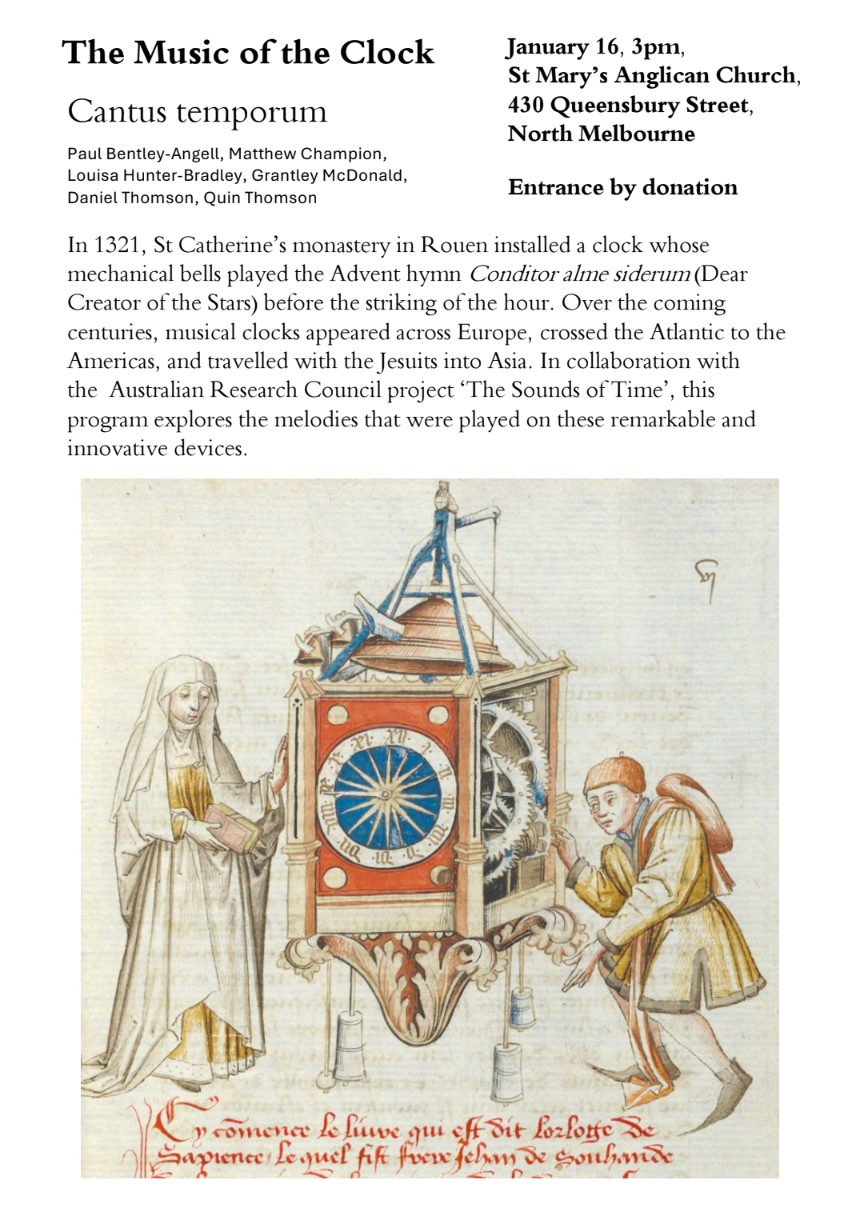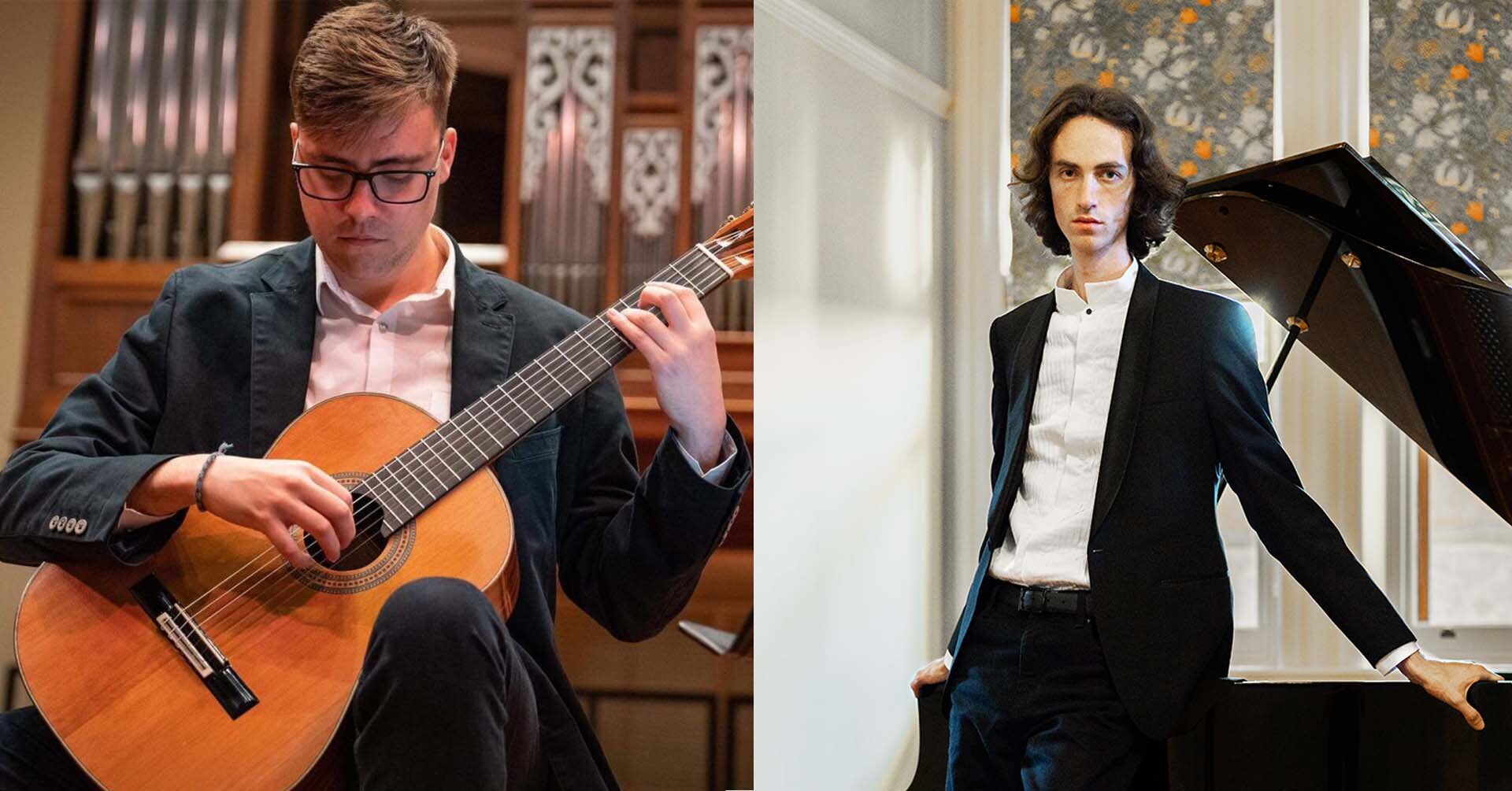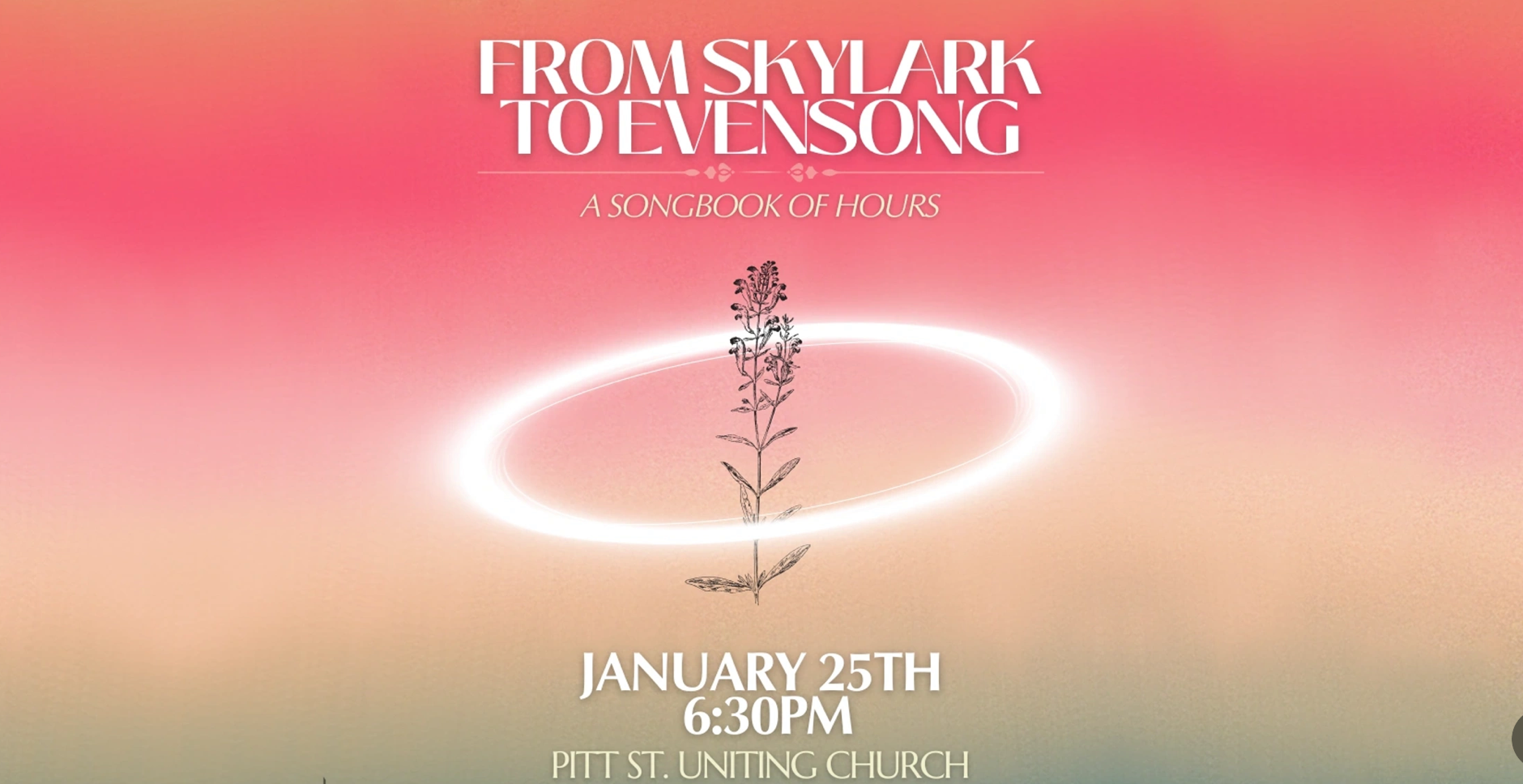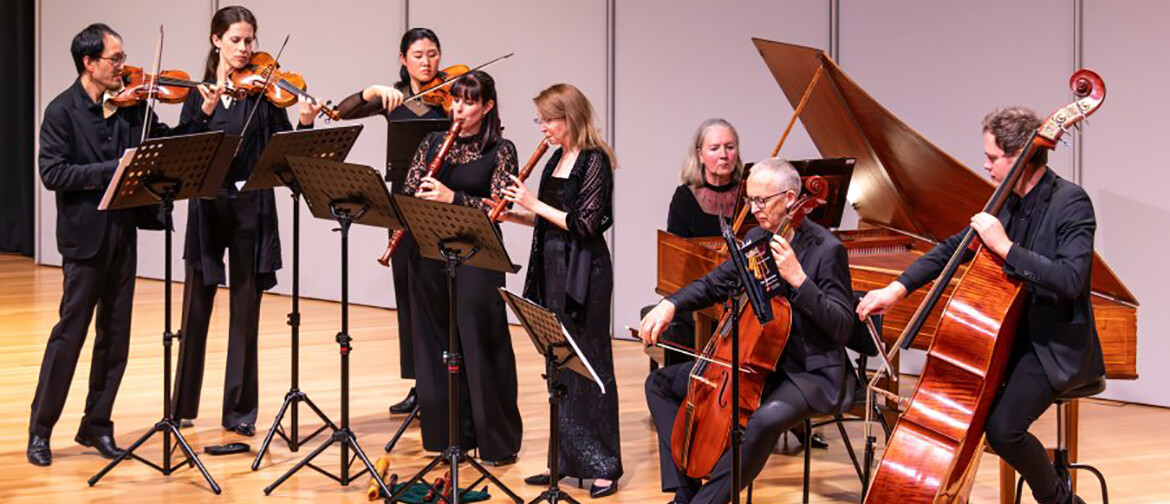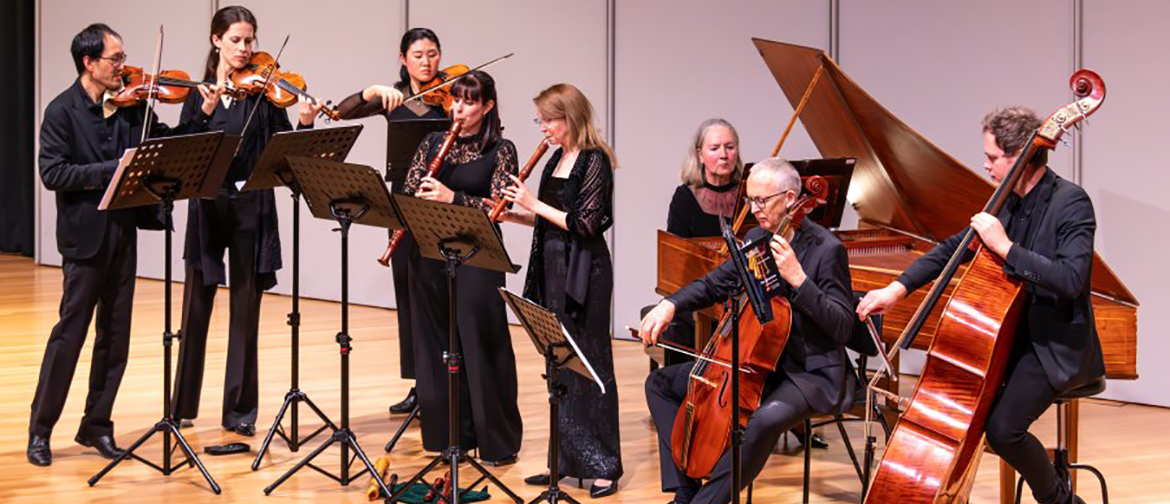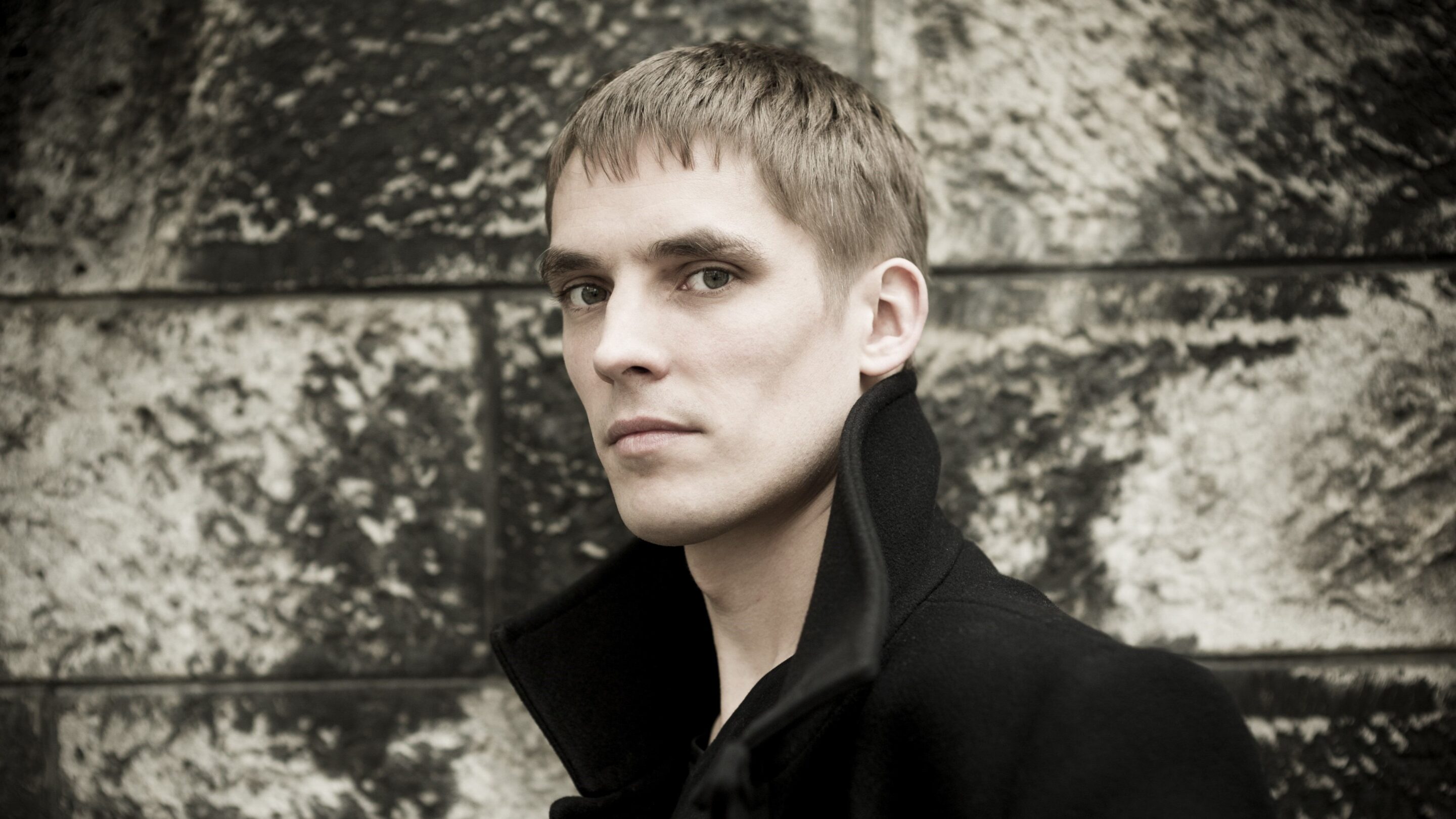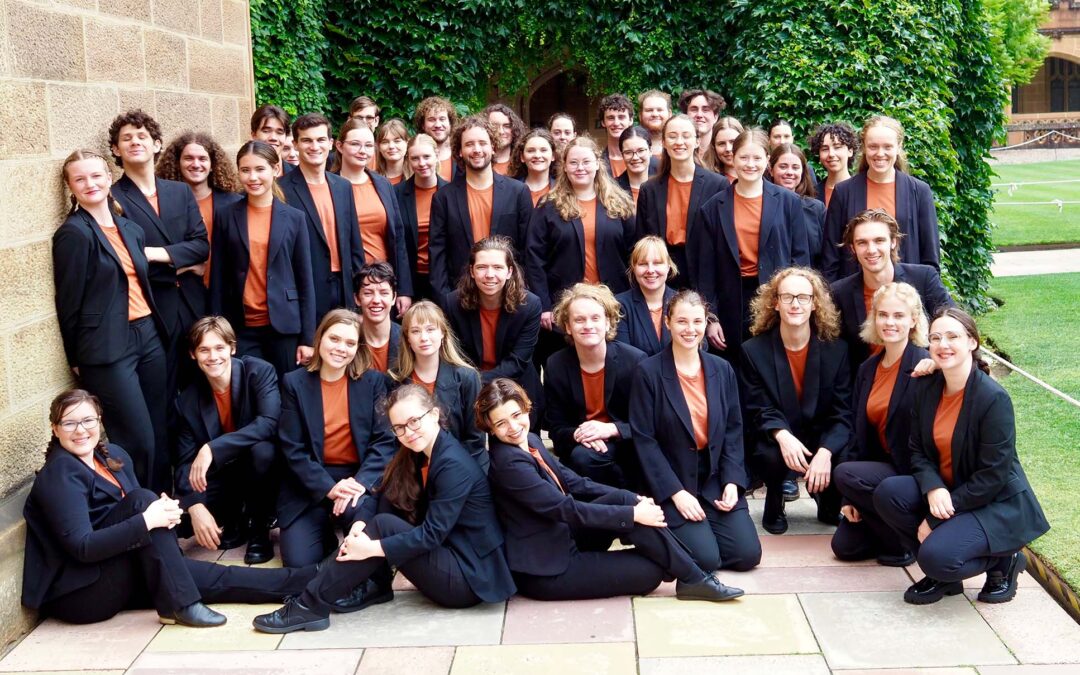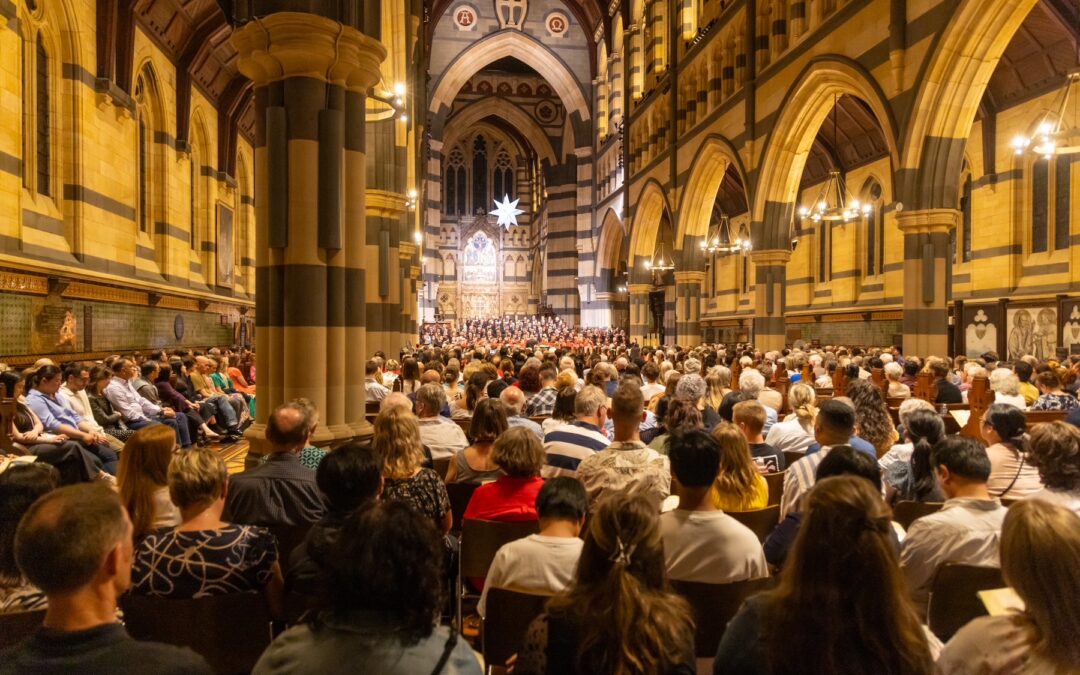Sydney Mozart Society | Kathryn Selby and Andrew Haveron
May 25, 2023, The Concourse, Chatswood
Beethoven’s Kreutzer Sonata is a momentous work – what other work has a book and a sonata by another composer named after it? Just as the Eroica Symphony did, it changed the course of classical music. It is probably no coincidence that each work was deemed too difficult to play and each suffered the expunging of its original dedication by the composer.
It is of course the first movement which really stretches the boundaries – emphatically expressed themes intertwine and coincide, stretching arpeggios alternate with double-stringed notes many of which in isolation would seem dissonant. One gets short of breath just listening to and absorbing the majesty of the music. Despite the intensity, there are sublime quiet passages which allow you to catch your breath.
Not that the composer allowed his standards to fall – the second movement is an exquisite theme and variations which exploits the sensitive balance between the instruments while the third is an energetic Rondo, a fitting conclusion to such a superb piece.
I have heard the Kreutzer several times and never heard it played better than by Kathryn Selby and Andrew Haveron, who are well-known to Sydney Mozart Society audiences. Timing is all-important in this work and it was perfect as was the accuracy and energy-there are so many fortissimo episodes but not a sign of thumping or over-bowing.
Andrew Haveron is now concertmaster of the Sydney Symphony Orchestra and he held the audience’s attention with a brief but very informative and amusing vignette of the music to follow. The audience really appreciated this.
It’s not easy to frame a programme around the Kreutzer Sonata. A Mozart sonata in B flat composed in 1784 started the programme. It is a very laid back work, with similarities to his famous C major Piano sonata and it was beautifully handled by the duo.
Mendelsohn’s F major sonata is much more assertive – the opening allegro features a repeated bombastic four note figure which is developed extensively, A lyrical adagio leads into a molto perpetuo scherzo which has similarities to the composer’s famous octet.
But Beethoven ruled the night – or at least Kathryn and Andrew did!





